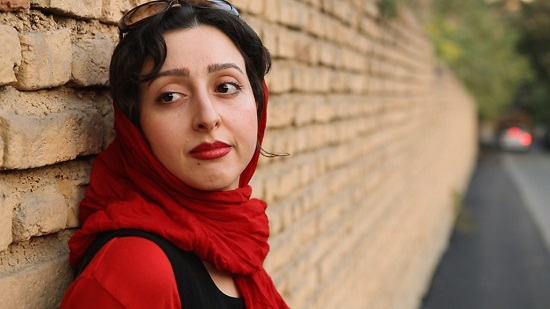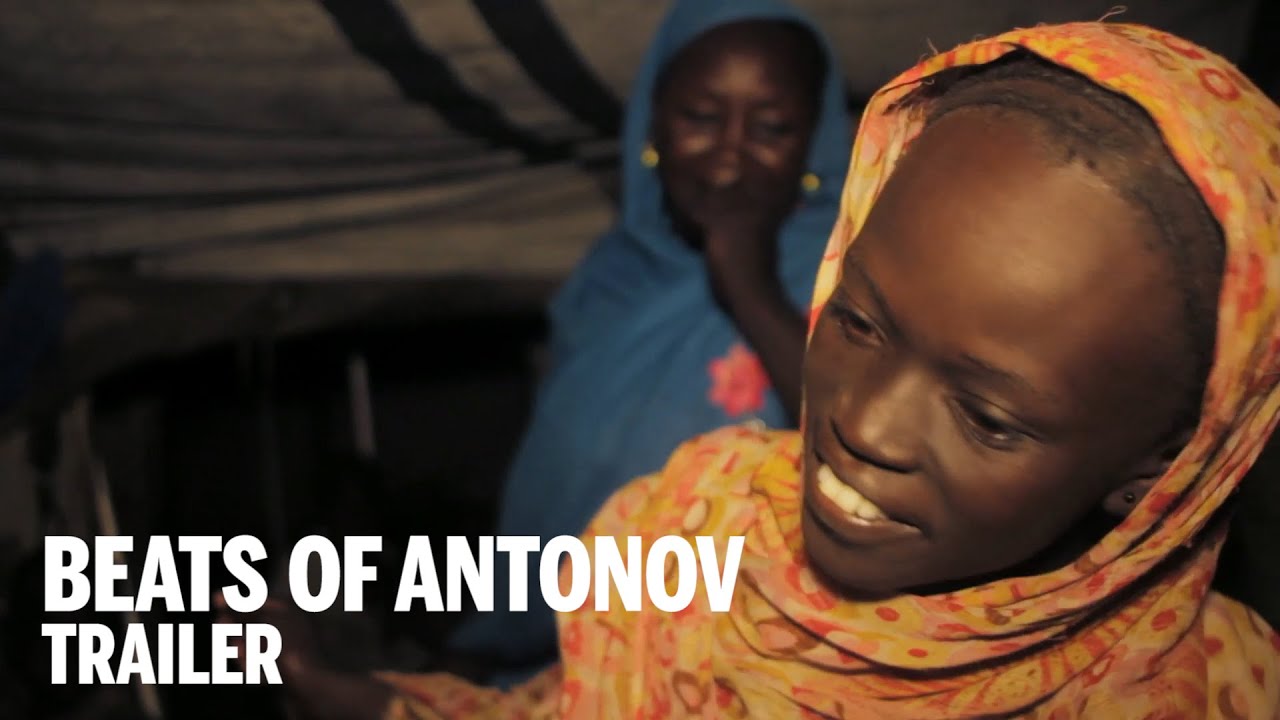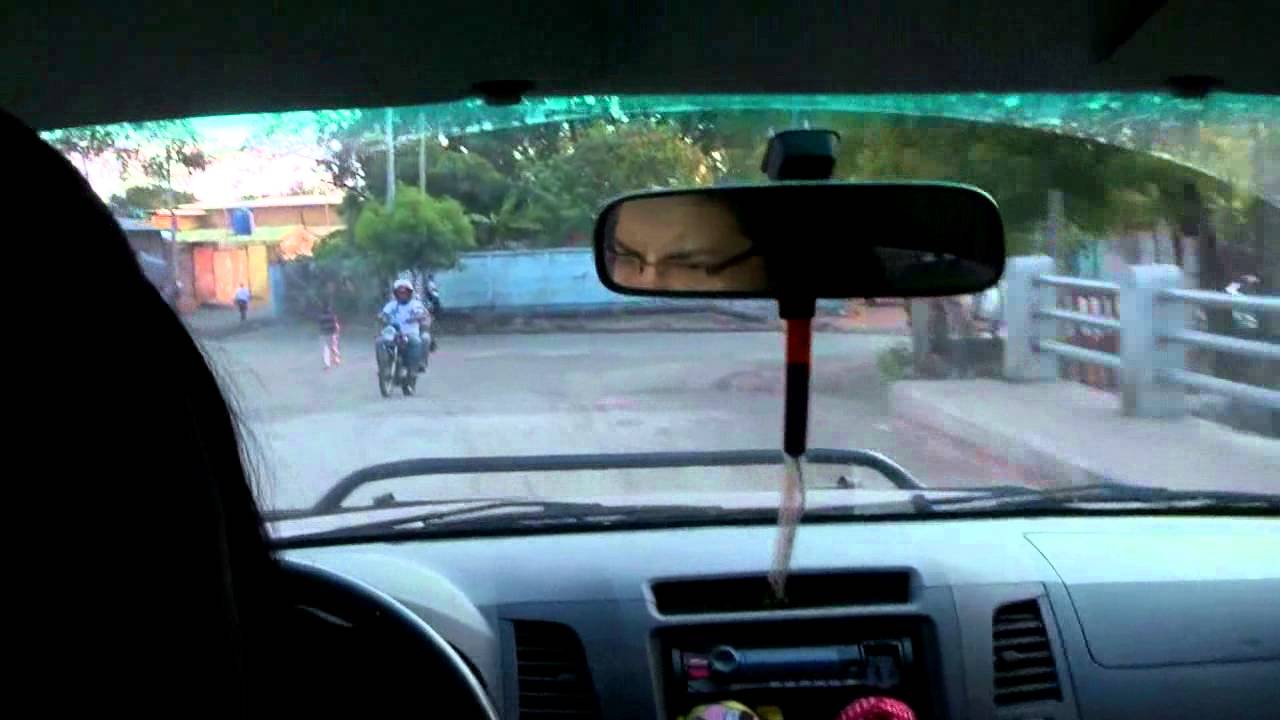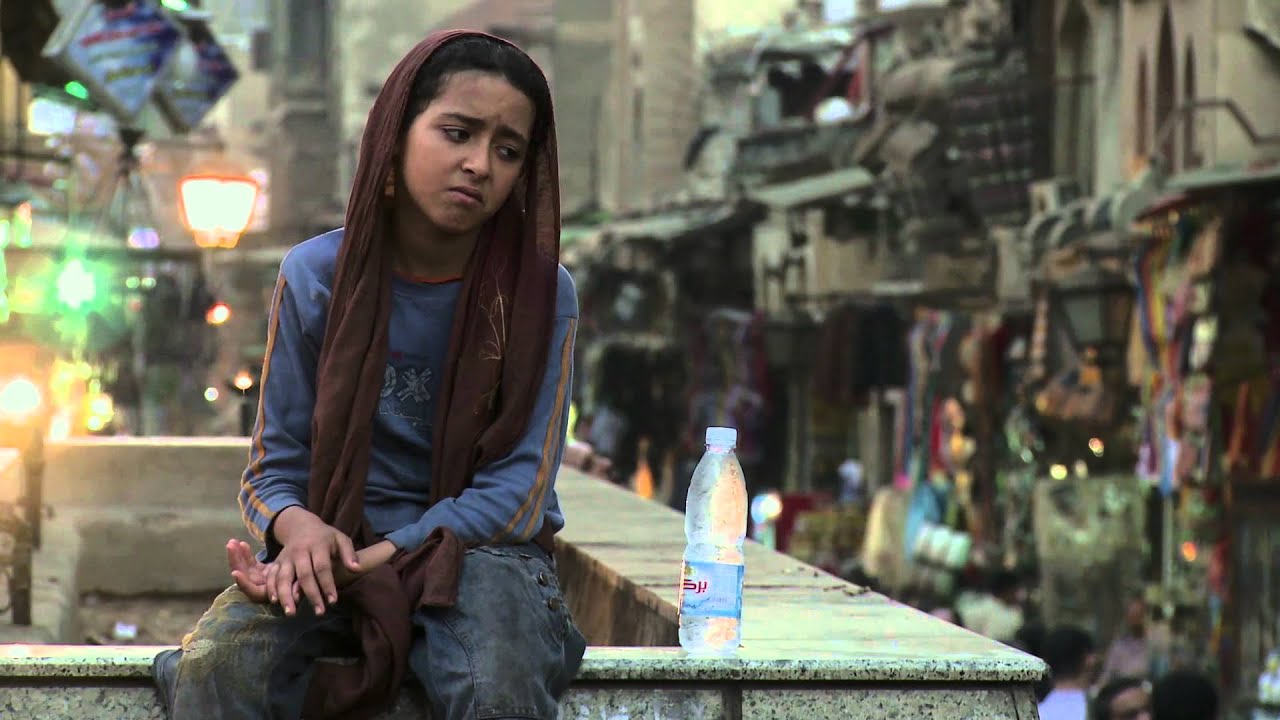For many people, when the music stops it’s time to go home, maybe grab a late-night bite to eat on the way. In the Blue Nile and Nuba Mountains region of Sudan things are different.
“The plane often attacks at night,” says a local. “So a group of youth stay up watching all night, until the plane comes, bombs and leaves. If a plane attacks while people are sleeping, it will be devastating. So these youth play the Rababa” – a bowed string instrument – “and dance until the plane comes.” Their playing serves as an improvised alarm system, with the sudden quiet warning villagers, dozing but tuned into the rhythms emanating through the night air, that it’s time to get underground.
Following the explosions, they emerge from earthen shelters into the burning landscape. Astonishingly, a number of them are giggling. “The laughter is always there,” says the man. “People laugh despite the catastrophe because they realise they are not hurt. Laughter is like a new birth.” In a land where the planes bring death – bombing open terrain of little more than tents and livestock – to come back out into the light means life. It’s not hard to see why people might celebrate, even if it is born as much from relief as joy.
The scenes are from Hajooj Kuka’s brilliant documentary Beats Of The Antonov, which charts the importance of music to defining and preserving a culture under threat from the civil war in Sudan. It is one of a number of participants at this year’s Human Rights Watch Film Festival in London, which examines issues related to social justice, conflict and equality around the world.
“The festival serves as a strong platform for human rights films,” says its director John Biaggi. “Every year we include films that have not yet reached a wider audience, so we therefore help to amplify these films and the urgent stories they present.” Human Rights Watch tours the festival internationally – with Zurich, Nairobi and San Diego among the host cities – giving it a broad scope. Without wishing to discredit the enthusiasm for South American politics of people in, say, Toronto, you suspect the legacy of Peru’s civil war of the 1980s might not resonate too loudly there. It’s the same for those of us in London, as we are presented with a tangible reality of places – Darfur, for example – that are only usually presented in detached form on the news or in occasional acts of celebrity philanthropy. Up close things look different. “Visual media is the main information force of our time,” says Biaggi. “Films therefore play a central role in how people get information.”
Beats of the Antonov is not the only film to emphasise the role of music in constructing social dialogue that is absent from mainstream channels. No Land’s Song looks at Sara Najafi’s mission to give women in Iran a voice. Since the 1979 Islamic Revolution, women have been forbidden to perform – music, theatre, dance or whatever – in front of men, as ultra-conservative State doctrine stifles individual and creative expression. Najafi hopes to promote the country’s female musicians by organising a concert, while at the same time revitalise public appreciation for famous names from a more liberal era. The film delves into a myriad of issues relevant to those pushing for greater freedoms in Iran, chief among them the role of women and art under the dogmatic restraints of the State.
Other stories are based in more familiar events but serve as a reminder that human rights abuses are not confined to despotic regimes in far-flung corners. While footage of 9/11 still packs a punch, today this is as much governed by the subsequent chain reaction of events it unleashed as by the collapse of the Twin Towers, as the Bush administration applied the Shock Doctrine to a bewildered world population in order to launch illegal wars, violate human rights, demonise its own citizens, disregard civil liberties, and make billions for US firms in the destruction and rebuilding of Afghanistan and Iraq. Uyghurs, Prisoners of the Absurd is soaked in hellish nostalgia as it recalls just how insane things got.
The US government’s decision to offer financial incentives for detained terrorists led to an abduction free-for-all in Afghanistan in which anyone, in the eyes of the US, was a potential suspect. Patricio Henriquez’s film – Biaggi says he is “very proud” that the festival is showing it – examines the case of a group of Muslim Uyghurs from the Turkistan region of Eastern China, who, persecuted by their government, had gone to Afghanistan to study the Koran amongst an established Uyghur community there. They ended up in Guantanamo, where they spent several years without a single charge being brought and were subjected to inhumane treatment. It’s a reminder of the depths plumbed by the West in the War on Terror, much of which, lest we forget, continues to be painfully felt. The film, according to Biaggi, has a powerful message. “The closing of Guantanamo detention centre is an issue that still hasn’t been resolved, so it’s important for the festival to shine a spotlight on the fact it is still there and to remind people of how some of those held at Guantanamo – like the Uyghur prisoners portrayed in this film – were there for no justifiable reasons whatsoever.”
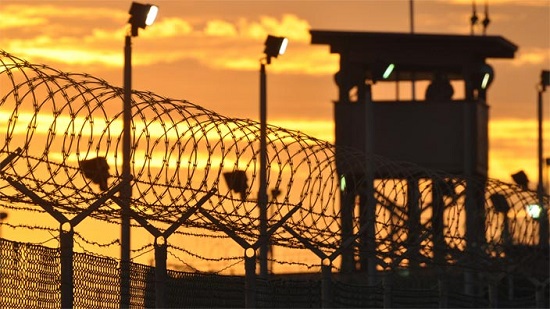
But Bush, Rumsfeld, Blair et al don’t have a monopoly on scare tactics as a means of garnering public support. Election-time in Colombia rings loud with warning, promise and rumour, as presidential candidates emphasise the threat of the FARC insurgency to terrify the public into voting for them. Is there another way? In 2010, Antanas Mockus, the ex-mayor of Bogota, ran for president as a Green Party candidate advocating dialogue, education and greater political participation to move the country forward from its well-documented problems. Life is Sacred, directed by Andreas Dalsgaard and named for Mockus’ campaign slogan, delves into the machinations of Colombian politics, which, it’s fair to say, is not exactly the transparent arena of debate and moral guidance it aspires to be. But things have improved since various presidential candidates were assassinated in, well, much of the 20th century.
Staying in Latin America, A Quiet Inquisition, directed by Holen Sabrina Kahn and Alessandra Zeka, centres on the dilemma facing doctors in Nicaragua, which prohibits abortion under any circumstances. According to Human Rights Watch, such laws violate human rights and can have severe health repercussions for affected women, with cases of deaths in Nicaragua following doctors’ inability to provide the necessary treatment. “The impact of the law was stretching far beyond a debate around abortion politics, into the fabric of maternal health, the lives of doctors, and having a far-reaching effect on Nicaraguan society,” says Kahn. “This felt like a story that needed to be told, and one that had significance for any country considering such bans. As filmmakers we are interested telling stories that are intimate, nuanced, and capture a strong sense of place that is both specific and relatable.”
Kahn hopes that the film can provoke debate on the issue. “We hope this film transcends the “for or against” polemic about abortion, and instead shifts the focus to maternal health, and the direct impact of banning therapeutic abortion,” she says. “We want to instigate a conversation about the autonomy of doctors and their ability to make medical decisions without becoming political pawns. We hope that viewers consider the layers of the story and the resonance of having a conflicted figure at its centre.”
Now, I confess my knowledge of Persian fable is not all it could, or indeed should, be, so it was a treat to learn what A Thousand And One Nights is actually about (really, read up on it if you don’t know the story of Shahrazad and the murderous king). The Dream of Shahrazad draws inspiration from the fable to look at the people and communities driving popular movements across the Middle East to fight oppression and entrenched inequalities. Defiance and dissent course throughout cultural endeavour just as they do on the streets, with classical music in Istanbul, internet activism in Lebanon, and youth theatre in Cairo united in the call to rise. It’s rousing stuff and should serve as a guide for other political documentary-makers. Britain, with its crumbling sense of social cohesion and rising levels of intolerance, seems ripe for this kind of allegorical storytelling based on the tales of yore. I’d begin by adapting Chaucer’s Parlement of Foules to the sham of zero-hours contracts and the snivelling Ukip-triggered scapegoating by our leaders of distinct groups.
Like at many film festivals, there are a couple of big hitters on the bill. Jon Stewart’s post-Daily Show career in serious filmmaking kicks off with the much-anticipated Rosewater, in which the dashing Gael Garcia Bernal plays journalist Maziar Bahari, jailed by the Iranian authorities in 2009 after appearing on Stewart’s hit programme. I’m interested to see if Stewart can avoid bowing to the commercial stereotypes of US cinema or if this will be a sub-Argo style piece with generic beardy-types who shout a lot and throw icy water over prisoners in between knuckle-dusting them.
Also on show is the Oscar-nominated The Salt of the Earth, which follows the career of Brazilian photojournalist Sebastião Salgado, and is co-directed by Wim Wenders and Salgado’s son Juliano. The images captured by Salgado of workers at the Serra Pelada goldmine in Brazil in 1986 are, to my mind, some of the most striking ever captured in terms of depicting the imbalance between haves and have-nots, as thousands of near-naked men traverse the vast mine rooting out gold fragments for the global market. The film follows Salgado’s latest project to document the effects of climate change, while also reflecting on his exquisite portfolio.
While the festival generates much public interest, there are several challenges connected to its organisation. “Besides the usual budgetary issues, working within a small budget to produce this festival, it has become increasingly difficult to confirm the films each year,” says Biaggi. There is the good side to this situation, which is that the films are in greater demand across many platforms – festivals, theatrical, streaming online, VOD, DVD releases – but it still creates a headache for us to confirm participation as more of the films wait as long as possible to confirm all the various deals they can for the film. It is a very intricate puzzle, putting the launch of your film together properly – if not done in the right order, you risk shortening the life of your film on the public stage.” When the film’s diffusion is a part of the human rights struggle, the need to ensure it is properly marketed. Ultimately, even when the films are as topical as those mentioned here, commercial considerations must come into account.
The festival gets the top-notch venues its content merits, with the Brixton Roxy, the Barbican, the Curzon Soho and the British Museum hosting screenings and Q&A sessions with various directors, protagonists and those from the human rights field. Full details of the programme and tickets can be found through the official festival website. It’s an important one.
The Human Rights Watch Film Festival is running from now until the 27th. See the website for more details

